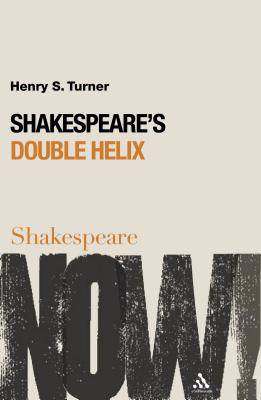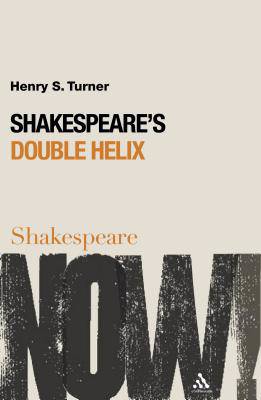
- Retrait gratuit dans votre magasin Club
- 7.000.000 titres dans notre catalogue
- Payer en toute sécurité
- Toujours un magasin près de chez vous
- Retrait gratuit dans votre magasin Club
- 7.000.0000 titres dans notre catalogue
- Payer en toute sécurité
- Toujours un magasin près de chez vous
Description
What does it mean to make life? This book focuses on one of the key questions for culture and science in both Shakespeare's time and our own. Shakespeare wrote A Midsummer Night's Dream during a period when the 'new science' had begun to unsettle the foundations of knowledge about the natural world. Through close analysis of the play and reflection on modern genetic engineering, Turner examines developments in early modern culture as it sought to come to terms with the new forces of magic, astrology, alchemy and mechanics, fields of knowledge that preoccupied the most adventurous intellects of Shakespeare's period and that promised limitless power over nature. Shakespeare's writing sheds light on current developments in science, ethics, law, and religion in contemporary culture. The book reveals the richness and peculiarity of early scientific thought in Shakespeare's time and shows how the questions he poses remain fundamental as the nature of 'life' has become one of the most pressing political, ethical, and philosophical problems for society today.
Spécifications
Parties prenantes
- Auteur(s) :
- Editeur:
Contenu
- Nombre de pages :
- 144
- Langue:
- Anglais
- Collection :
Caractéristiques
- EAN:
- 9780826491190
- Date de parution :
- 20-02-08
- Format:
- Livre relié
- Format numérique:
- Genaaid
- Dimensions :
- 135 mm x 198 mm
- Poids :
- 235 g

Les avis
Nous publions uniquement les avis qui respectent les conditions requises. Consultez nos conditions pour les avis.






